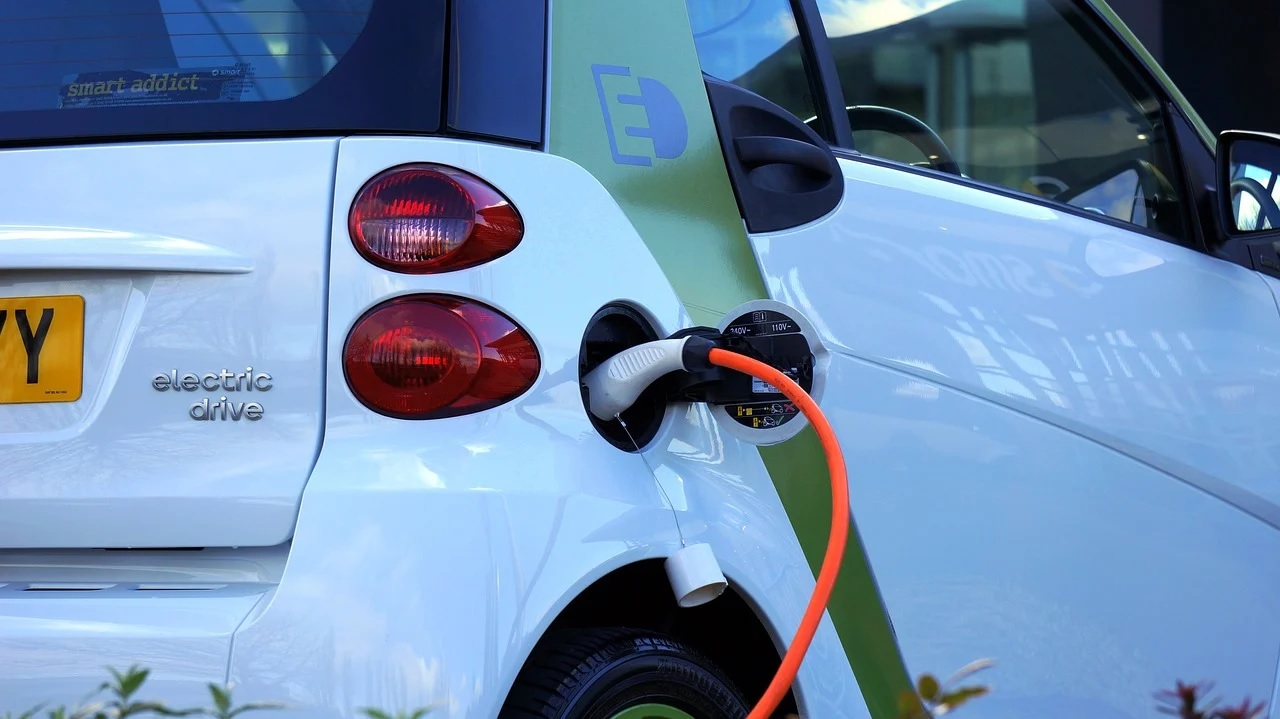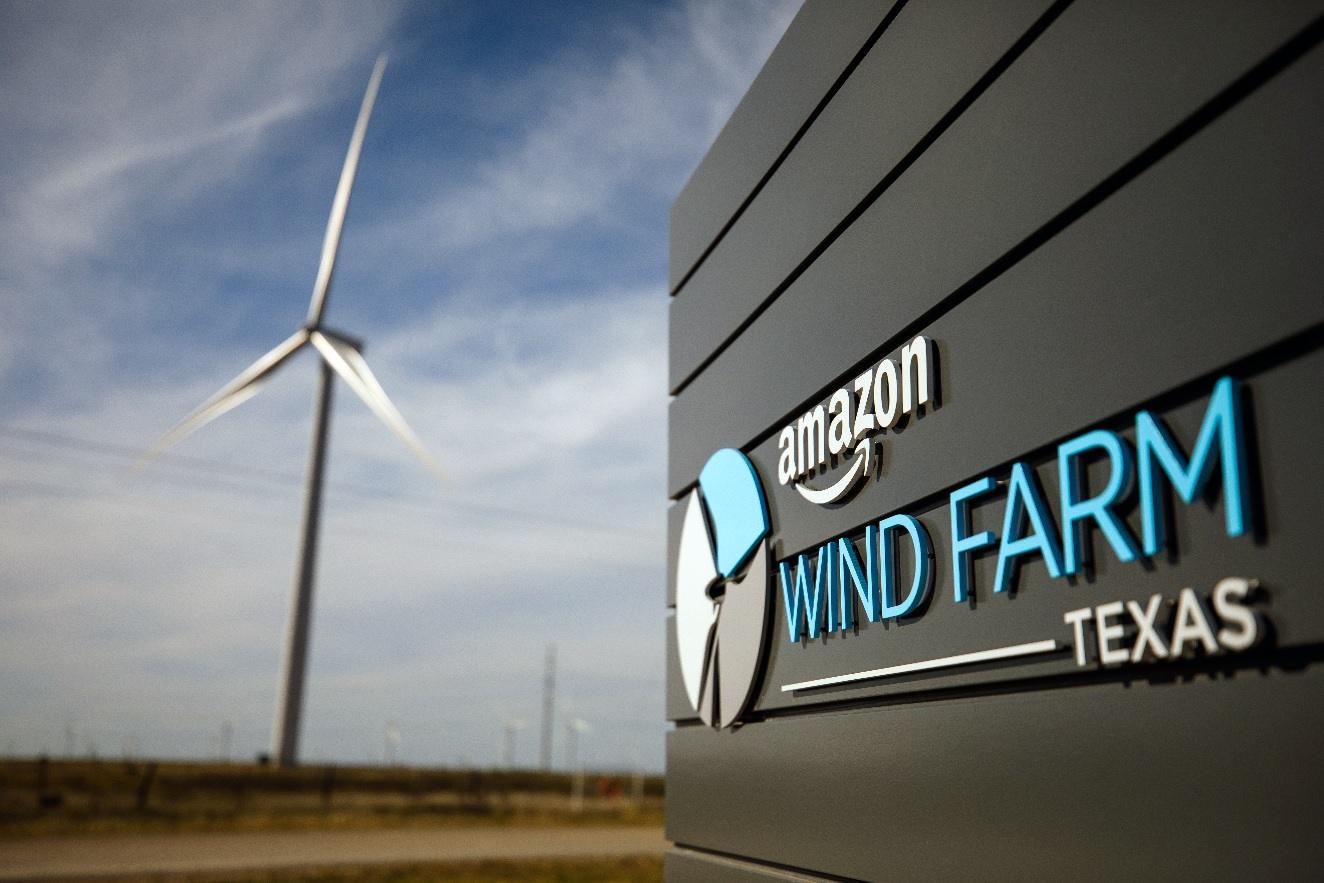Leading Businesses Urge Biden Administration to Adopt Ambitious Vehicle Tailpipe Emissions Standards
A group of leading global businesses issued an open letter today to the Biden administration to support robust vehicle standards, including a target to achieve 100% sales of new light-duty vehicles with zero tailpipe emissions ideally by 2030.
The letter was issued by key members of the Climate Group’s electric vehicle-focused EV100 initiative, including Siemens, HP, IKEA, and Lyft, ahead of an expected announcement of new vehicle standards by the Biden administration in the next few weeks, in the lead-up to COP26.
According to the letter, an ambitious emission standard will help make EV’s the new normal in the U.S., with benefits of the transition including job creation, improved public health, and a revitalized economy.
The companies also highlighted that:
“Strong vehicle standards will send a strong market signal that the US is committed to emissions reduction and is intent on restoring global automotive leadership. These standards, when paired with the Nationally Determined Contribution (NDC), will create hundreds of thousands of American jobs. In 2020 alone, the clean vehicles industry in the US created more than 270,000 jobs, and, as projections indicate, the US can create 2 million jobs by 2035 with the right regulatory support from our nation’s leaders.’’
Similar standards have been introduced in other countries. In the UK last year, PM Boris Johnson announced that the country will end the sale of new petrol and diesel cars and vans by the end of the decade. Several vehicle manufacturers are also striving towards similar goals, including automotive giant General Motors’s recent announcement of an aspiration to eliminate tailpipe emissions from new light-duty vehicles by 2035.
Paul Augustine, Senior Manager of Sustainability at Lyft, said:
“When we announced our 100% EVs by 2030 commitment, we said that meeting our goal will require the collective action of industry, government, and nonprofit organizations to overcome the barriers currently preventing wide-scale electrification, including vehicle availability and affordability. Federal vehicle standards will drive automotive industry innovation to solve both of those problems and in turn, help us encourage drivers on our platform to make the switch to EVs.”





